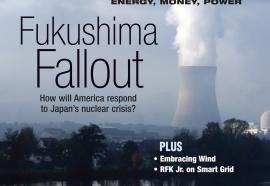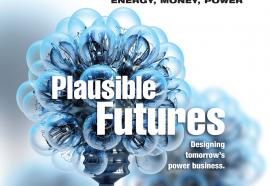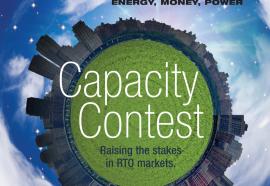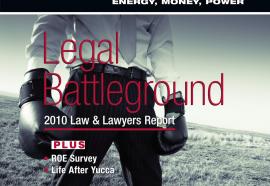A Beautiful Mess
Only the fittest solutions survive in America’s policy wilderness.
All things being equal, momentous events like the Fukushima nuclear disaster and the Arab spring would bring fundamental changes in U.S. energy policy. But things aren’t equal, and they never will be under America’s democratic and capitalistic process. Frustrating? Maybe, but it’s the only way to ensure our decisions are based on sound economic and environmental principles.











